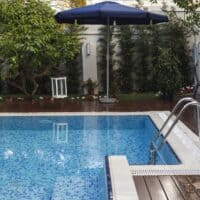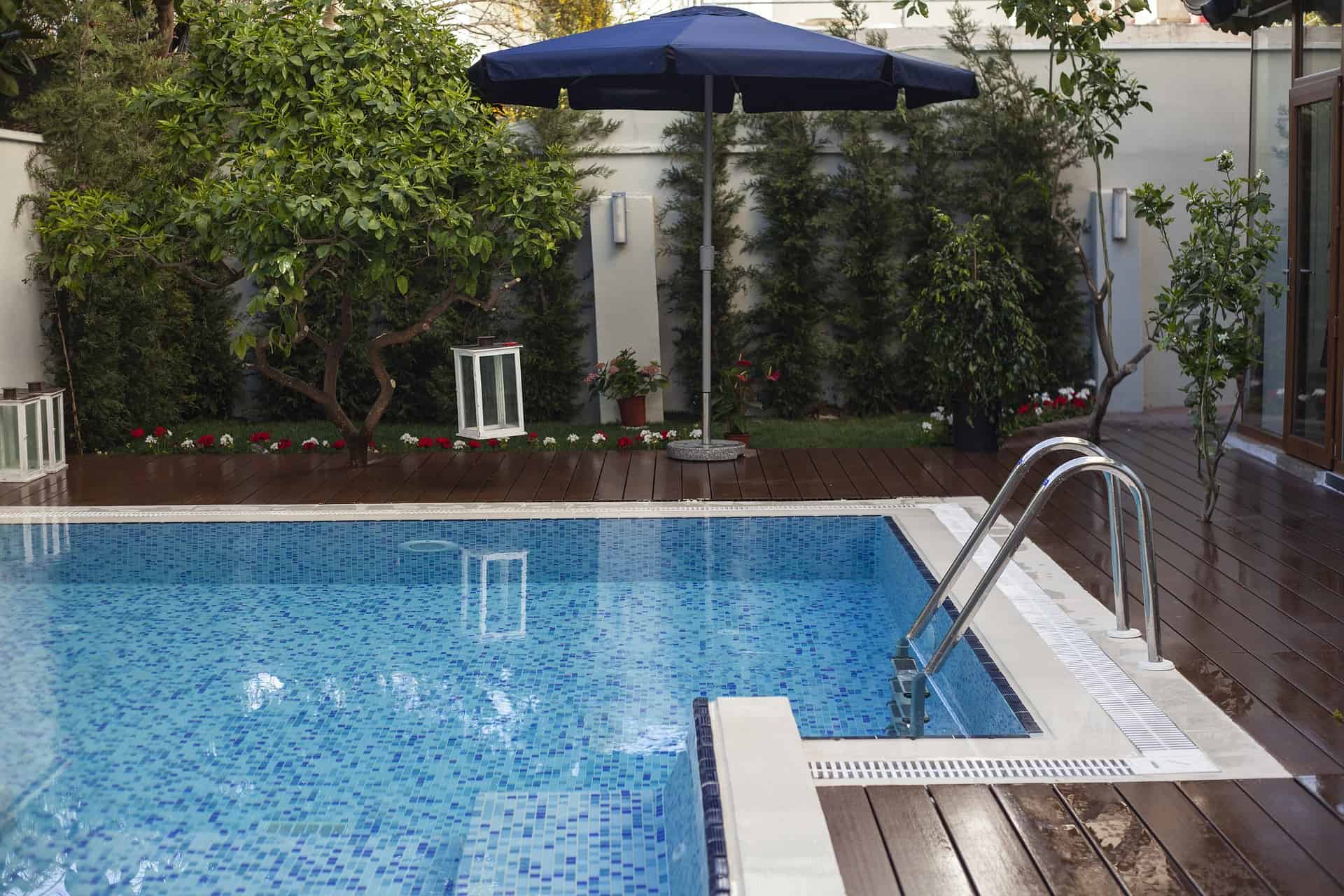Avoid Swimming Pool Accidents

If you have watched the news lately – or simply stepped outside – you know the record-high temperatures afflicting Floridians and people across the country. One of the best ways to beat the heat is to jump into a swimming pool with family and friends. It should come as no surprise that Florida has more swimming pools per capita than any other state. However, whether a community or backyard pool, our state also nearly tops the list of injuries and fatalities related to slips, falls, and drowning, especially among young children.
If you are heading to a swimming pool to cool off during this heat wave, it is essential to understand the potential dangers and injuries associated with swimming pool accidents.
Common Concerns and Dangers
State and municipal governments have recently become more involved in drafting swimming pool regulations to ensure children’s safety. In 2022, newly written statutes highlighted the most common concerns related to swimming pool safety. As Sarasota personal injury attorneys, the team at Hale Law believes it is vital for homeowners to educate themselves on how to protect themselves from liability and their loved ones from injury while visiting a pool at another location.
Slips, Falls, and Diving Accidents – The most common injuries suffered near a swimming pool include cuts, bruises, or broken bones caused by a slip or fall onto concrete or tile. These accidents may be due to irresponsible personal behavior, but they may also be facilitated by improperly maintained pool decks, steps, or ledges that are too slippery – or improper markings of shallow areas. Pool decks should be made of non-slip materials and kept free of algae and other substances that can become slick and cause a slip or fall. Additionally, shallow areas in the swimming pool must be clearly marked and differentiated from the deeper sections by lines, different color tiles, or clear numerical markings. The goal is to prevent someone from diving or jumping into the pool when the water is too shallow, as colliding with concrete when jumping or diving into too shallow a depth can result in catastrophic injuries such as paralysis or death.
Electrical Components – Backyard residential swimming pools are a popular gathering place during hot summer days and may be surrounded by electronics, speakers, or even TVs. Pool features may include lighting fixtures, and necessary elements such as pumps and cleaners also rely on electricity. Water and electricity can be lethal, so homeowners must take precautions to ensure the two do not meet. All outdoor outlets should be GFCIs designed to shut off all power instantaneously if water (or moisture) is detected. Any metal components of any structures near the water should also be properly grounded. Homeowners should always have an electrician inspect any projects that involve electricity and are in proximity to their pool.
Water Safety – Untreated pool water will quickly become dirty, incubating plant and bacteria growth that is unhealthy and unsafe for humans. While chemical or saltwater solutions are commonplace and often necessary, they can also cause injury or illness for swimmers if improperly applied. If too many chemicals are inhaled, it can damage the lungs, but too few chemicals will permit harmful bacteria growth. Hiring a professional pool cleaning service will transfer potential liability, but the more significant concern should be to ensure your friends and family are safe. Be sure to store chemicals properly to prevent children from ingesting or breathing them inadvertently.
Keep Safety Top of Mind to Avoid Accidents
Swimming pools are an important part of the Florida lifestyle, but residents must ensure familiarity doesn’t become complacency. Significant numbers of swimming pool injuries are reported annually, so understanding any potential risks allows you to maintain the highest level of safety for friends and family.
Remember, you may be eligible for compensation if you or a loved one is injured or even killed at a residential or community swimming pool due to someone else’s negligence. Call the attorneys at Hale Law today for a consultation to learn more about your rights. We are here to help.

